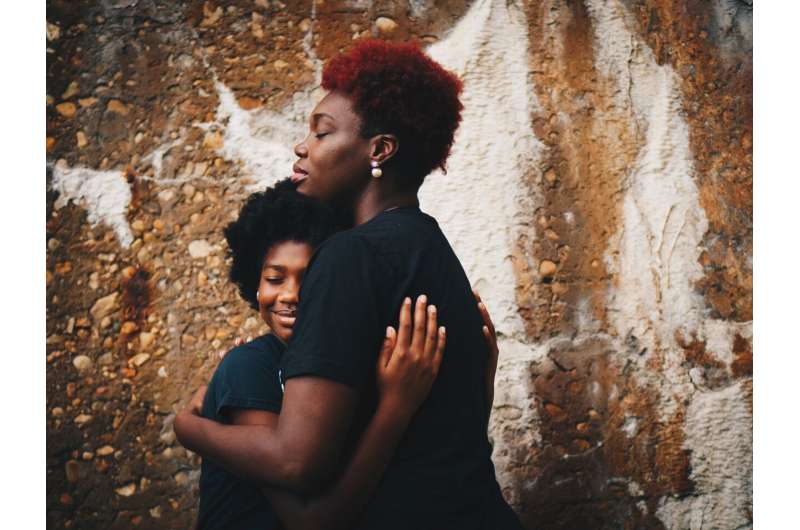One in Three Teenagers Has Thought About Suicide This Year: Recognizing Signs and Finding Help

One in three teens has experienced suicidal thoughts this year. Learn how to recognize warning signs and access support to protect your teen's mental health.
Recent data highlights a concerning trend among adolescents: approximately one-third of teens have considered, planned, or attempted suicide within the past year. Addressing this issue begins with opening conversations—though it can be challenging, discussing mental health is crucial for prevention. According to a report from the Australian Institute of Family Studies, 38% of female teens and 31% of male teens reported suicidal thoughts and behaviors, peaking at ages 16–17. For girls, these experiences tend to decrease after 17, while for boys, the rates may stay stable or increase into their late teens. Alarmingly, some teens (about 9% of males and 6% of females) might attempt suicide without prior warning signs or planning.
Recognizing warning signs can save lives. These include sudden mood swings, expressions of hopelessness, withdrawal from loved ones, diminished interest in activities, changes in hygiene or eating and sleeping habits, increased substance use, talking or writing about death, and giving away possessions. Self-harm behaviors, such as cutting or burning, are also important signals, often reflecting an attempt to manage emotional pain rather than a desire to die.
If you suspect your teen is struggling, initiating a compassionate conversation can make a difference. It’s recommended to ask directly about suicidal thoughts—phrases like "Are you thinking about suicide?" or "Have you thought about ending your life?"—and to listen without judgment. If your teen admits to having a plan or intent, it’s critical to seek immediate help by contacting emergency services or a mental health professional.
In emergency situations, call 000 and request an ambulance. Stay with your teen and reassure them of your support and hope. They will receive a thorough assessment and might be referred for ongoing care, either through hospital admission or community-based services. Should your teen refuse ambulance transport, reach out to local Crisis Assessment and Treatment Teams or psychiatric emergency services.
For non-immediate cases, visiting a GP for assessment and creating a mental health treatment plan is advisable. Support options include waiting lists for specialists, immediate care through Medicare mental health centers, and the use of safety tools like the Beyond Now app to develop personalized safety plans. Remember to also prioritize your wellbeing—support from friends, professionals, and self-care can bolster your ability to help your teen during this difficult time.
Source: https://medicalxpress.com/news/2025-08-teens-thought-suicide-year.html
Stay Updated with Mia's Feed
Get the latest health & wellness insights delivered straight to your inbox.
Related Articles
Consuming More Fruits and Vegetables Can Mitigate Poor Sleep Effects on Mental Well-Being
Increasing fruit and vegetable intake alongside good sleep and physical activity can improve mental well-being in young adults, even after poor sleep, according to recent research.
New Glutamate Modulator Shows Promise in Treating Schizophrenia-Related Dysfunction
Preclinical studies suggest that the glutamate modulator, evenamide, could revolutionize schizophrenia treatment by targeting hippocampal hyperexcitability and improving multiple symptom domains, including cognitive and social deficits.



